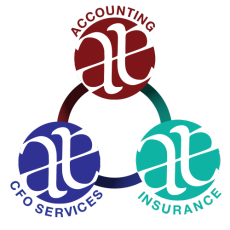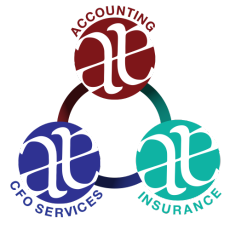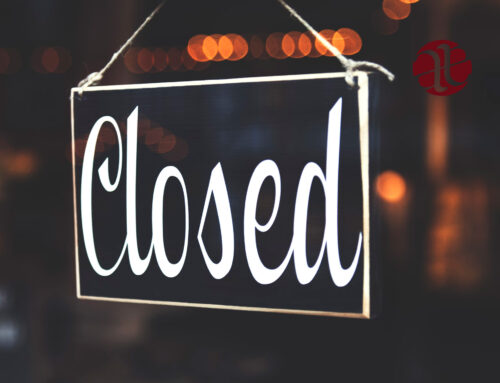If you list your property on Airbnb, you know it has been a remarkable boon for property owners looking to earn income from their available space. The online marketplace makes it easy for you, offering free listings and the ability to set your own price while also offering Host Damage Protection and shouldering the payment process. But for all of the success that hosts worldwide have realized, there have also been frustrations. Some hosts have been disappointed by their earnings and disgruntled by the tax ramifications of their rental income. There are actions you can take – both big and small – to maximize your Airbnb rental income. Likewise, you can take steps to reduce your tax obligation. Let’s take a look at both.
Your Airbnb Revenue
Though the money you make by listing your property on Airbnb is referred to as passive income, it is the listings whose owners put in the most effort who make the most money. While offering a property in a convenient or desirable location may be enough to bring people in, there are steps you can take that will make your space more attractive and generate more positive reviews. This in turn will keep your property booked and allow you to raise your rates. Try these strategies:
- Make sure that your space looks its best when you’re taking photos and that you’ve used positive, descriptive language to describe your property.
- Take the time to understand who is renting your property and cater to their needs. If you’re attracting beachgoers be sure to provide colorful, plush towels and beach chairs. Families with children will appreciate books, toys, and video games, and business travelers will be quick to rent a spot that has a dedicated work area.
- Compare your rates to those of successful listings in your area to make sure that they are in line.
- Small amenities make a big difference. Leaving a bag of coffee grounds on the counter, a loaf of bread, and a dozen eggs in the refrigerator are a small touch that goes a long way. Similarly, putting out curated soaps or shampoos costs little, but will result in enthusiastic positive reviews that will attract more guests, and may allow you to increase your price to more than cover the small cost incurred.
Optimize Your Rental Income Taxes
The revenue that you take in from renting your property is a form of self-employment, and anything over $1,000 earned in a year is subject to quarterly estimated income tax. These payments are required unless you qualify for the “14-day rule,” which holds that if you rent your property for less than 14 days per year and you use it yourself for more than 14 days per year, there is no reporting requirement, no matter how much you’ve charged. Estimating the taxes you owe each quarter can be based on the previous year’s income – and if it’s your first year as a host the IRS allows you to use your W-2 income. You’ll also need to pay self-employment taxes, and all tolled it can be a big out-of-pocket hit that makes you wonder whether the venture was worth your while.
The good news is that the taxes you pay on your rental income can be offset by the many deductions you’re entitled to take. These may include:
- The cost of any improvements or repairs that you make to your property, including furnishings, linens,
- The cost of providing internet or cable services for your guests, as well as any subscription services like Netflix, Hulu, or Disney
- The cost of having your property professionally cleaned and maintained
- The cost of any supplies that you use to clean or maintain the property yourself
- Depreciation on the property
- Fees that you pay to Airbnb
- The mortgage interest paid on the property, as well as property insurance if it is not your primary home
To make sure that you’re getting the most out of your property rental and optimizing your rental income, contact our office today.




